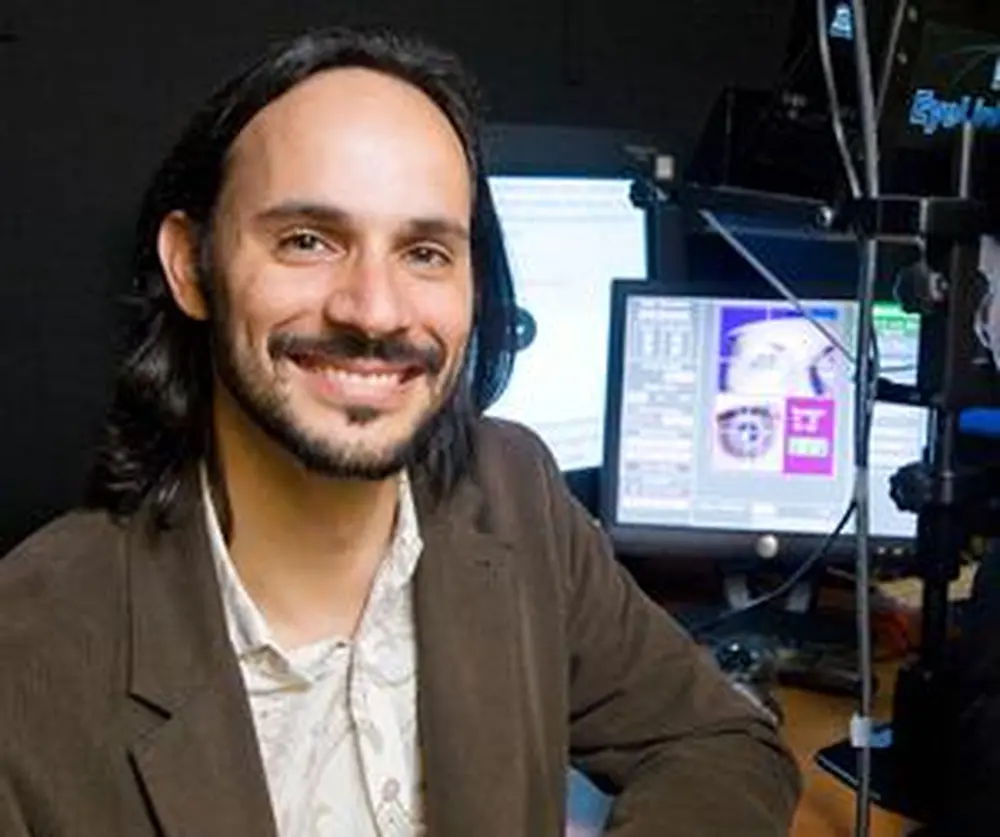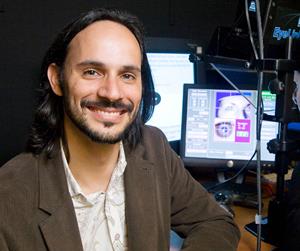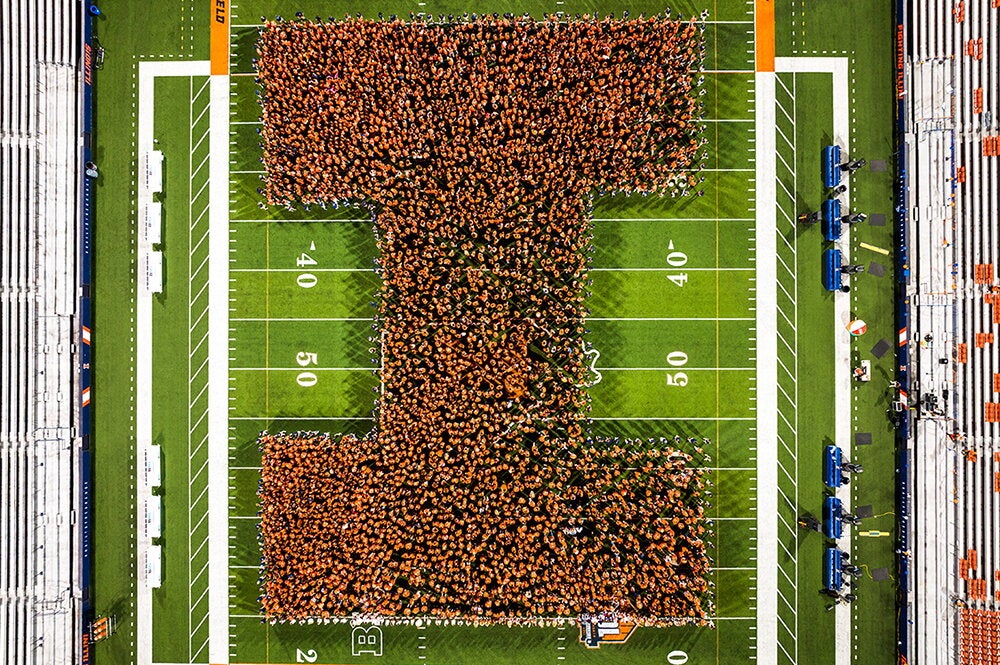

It’s official. Coffee breaks can increase performance at work.
Actually, any kind of brief break can improve concentration on tasks that require focused concentration, according to research from LAS psychology professor Alejandro Lleras. The University of Illinois study zeroes in on a phenomenon known to anyone who’s ever had trouble doing the same task for a long time. After a while, you begin to daydream and lose focus. The result: Your performance declines.
In previous studies, Lleras explored the limits of visual perception over time. He found that if people continually focused on a stationary object in their peripheral vision, the object would eventually disappear from view.
“The brain erases it from our awareness,” he says. So Lleras wondered that if sustained attention to an object makes the object vanish from our awareness, perhaps sustained attention to a thought during work might lead to that thought’s disappearance from the mind, impairing performance.
Lleras and postdoctoral fellow Atsunori Ariga put this theory to the test by evaluating the ability of participants to focus on a repetitive computerized task for about an hour under various conditions.
The 84 subjects were divided into four groups, but only the “switch” group showed no drop in performance over time. That’s because they were allowed to switch away from the task and take two brief breaks, allowing them to stay focused during the entire experiment.
“It was amazing that performance seemed to be unimpaired by time, while for the other groups, performance so clearly dropped off,” he says. This is consistent with the idea that the brain is built to detect and respond to change.
Lleras points out that the study’s results apply to any activity in which people try to concentrate on one task for a long time. Participants in the study had to stay focused on a stream of visual events, which is similar to other tasks that require concentration—such as reading and studying. The mind wanders, people forget they are reading, and then all of a sudden they “return” to their reading.
“Anytime we need to maintain a steady level of heightened focus, I believe our mind is in a similar state,” he adds. “So, from a practical standpoint, our research suggests that when faced with long tasks—such as studying before a final exam or doing your taxes—it is best to impose brief breaks on yourself.”
Coffee is optional.


